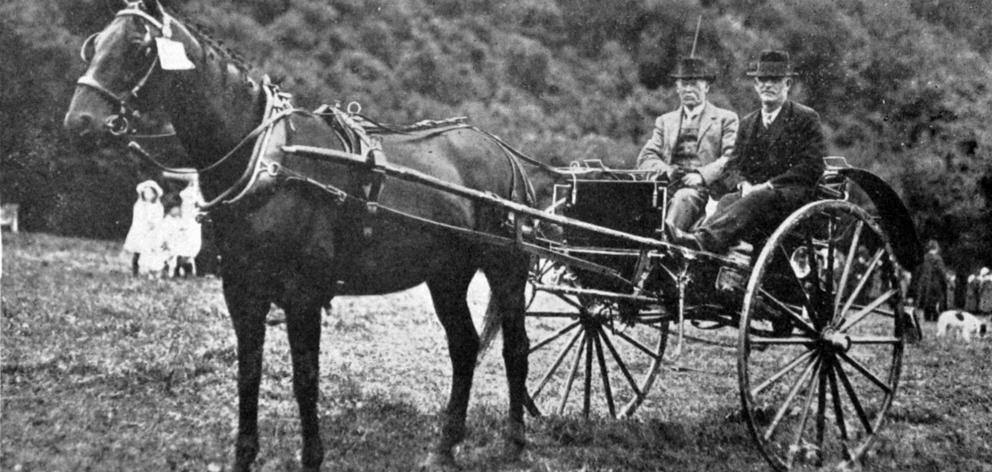
Some people who became ill after eating stone fruit, he said, considered the cause lay in the spraying mixtures used to combat fruit pests. Some years ago a child died in the North Island, supposedly from the effects of poison on peach skins. The peaches had come from Hawke’s Bay, and his department had made full inquiries and discovered that the peach trees had not been sprayed for months before the fruit was picked. Experiments had been made, and had proved beyond all question that where arsenic was used in spraying it would be necessary to eat one bushel and a quarter of fruit, skins and all, to have consumed a medicinal dose of arsenic, let alone a fatal dose. No doubt, under these conditions, one would get a pain in the stomach, said Mr Kirk, but the public could rest assured that no ill effects occurred from eating fruit that had been sprayed. Experiments made with fruit sprayed with Bordeaux mixture, arsenic and lead, showed that an hour after treatment several pounds would require to be eaten before any effect was to be observed.
Public Questions committee
Last December the Manufacturers’ Association convened a conference of delegates from the Otago Employers’ Association, the Dunedin Chamber of Commerce, the Otago Expansion League, and the Trades and Labour Council in order to consider the formation of a permanent joint committee or conference representative of these bodies to meet on occasions to discuss questions of public interest, and, if possible, arrive at decisions that would pave the way for unanimity of action by all the bodies concerned. The delegates from these bodies met again on Friday night, and all reported that the organisations they represented were favourable to the idea. It was decided to form a committee to be called the Public Questions Committee.
Second opinions
That doctors differ was again borne out at Napier last week, when an apparently healthy man presented himself to the Medical Board for examination. He got a shock on being rejected on account of having a very bad heart. He was told he had leaking valves, and was advised to consult an independent doctor at once. This he did next day, and received another shock on being told that there was absolutely nothing wrong with him. Another man who went up for the same examination armed with a sheaf of medical certificates was one of the only two of the married men who were passed for the expeditionary force!
Six sons overseas
The excellent record of service of the Birnie family, of Remuera, Auckland, was again referred to before the First Military Service Board on Friday, when George Gordon Birnie, traveller, appealed on the ground that he was the last remaining son at home. He said that six brothers had gone to the front, and three of these had been killed. He was living with his parents, Major and Mrs Birnie, of Remuera. The chairman said the family’s record was one of which appellant should be proud. The board expressed sympathy with the family in their loss, and adjourned the case indefinitely. — ODT, 28.1.1918.












